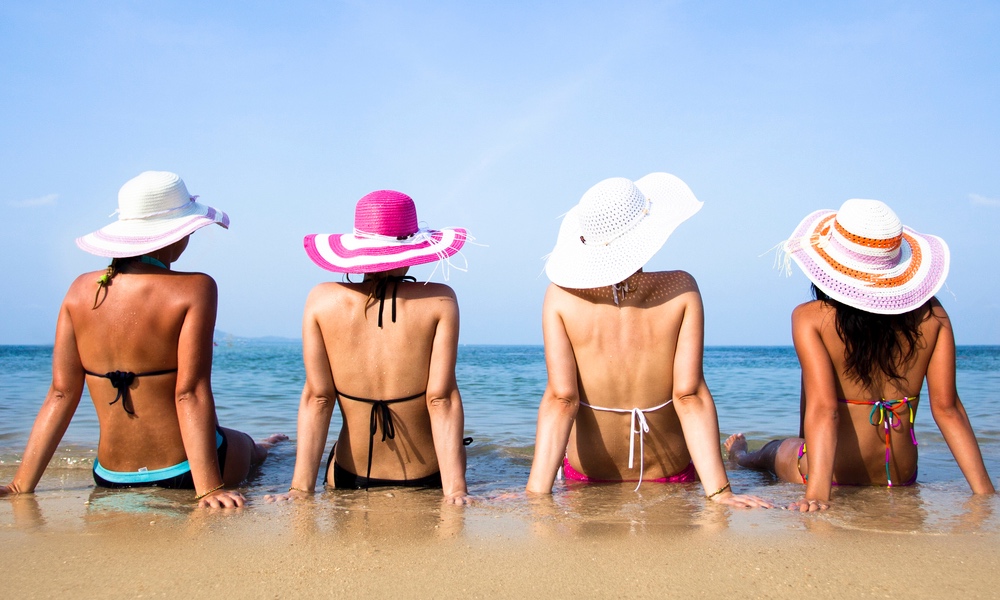Nearly a third of adults in the U.S. believe that a tan makes people look healthier, according to a survey done for the Orlando Health Cancer Institute in Florida. But there is no such thing as a healthy tan.
“A tan is really just a visual manifestation of damage to the skin,” Rajesh Nair, an oncology surgeon at Orlando Health, told TheDoctor. Being tan also comes with an increased risk of skin cancer, a potentially deadly disease.
The survey was inspired by an increase in diagnoses of melanoma, the deadliest form of skin cancer, that Nair and his colleagues were seeing among young people. Some of these diagnoses were made after the disease had already reached an advanced stage. “We want to determine what is driving that trend,” Nair said.Almost 25 percent believed that drinking water to stay hydrated while in the sun prevents a sunburn; 14 percent believed that sunscreen is more harmful to the skin than sun exposure.
The survey of 1,000 young adults found they often believe myths and misinformation about sun protection, which might discourage them from using proven ways of preventing skin cancer.
One surprise was that 14 percent of adults younger than 35 think using sunscreen daily is more harmful to the skin than direct sun exposure.
Using sunscreen is probably the most important thing you can do to prevent skin cancer, Nair emphasized, saying it was sobering that some people have such an aversion to sunscreen. “We are trying to address this and see if we can dispel some of those misconceptions.”
Almost 25 percent of the young adults responding indicated they believe that drinking water and staying hydrated while in the sun prevents a sunburn.
The young people who frequent these sites find the volume of information overwhelming. “They pick a few sources they trust and that are easily accessible. But these sources may not have a rigorous way of testing that information out,” said Nair.
The best thing to do is seek out sources whose main goal is the public's protection — who are not trying to sell something or push a theory, he advises. “Otherwise, people really can't know what the motivations are behind some of the information out there.”Apply sunscreen generously and use sunscreens with a higher SPF. Don't rely on sunscreen alone — wear protective clothing and stay in the shade during the sun's peak hours of 11 to 2.
Nair identified the best sources of reliable information about sun protection, “These sources address the pros and cons of different preventive strategies, and dispel a lot of the misconceptions about sunscreen use:”





